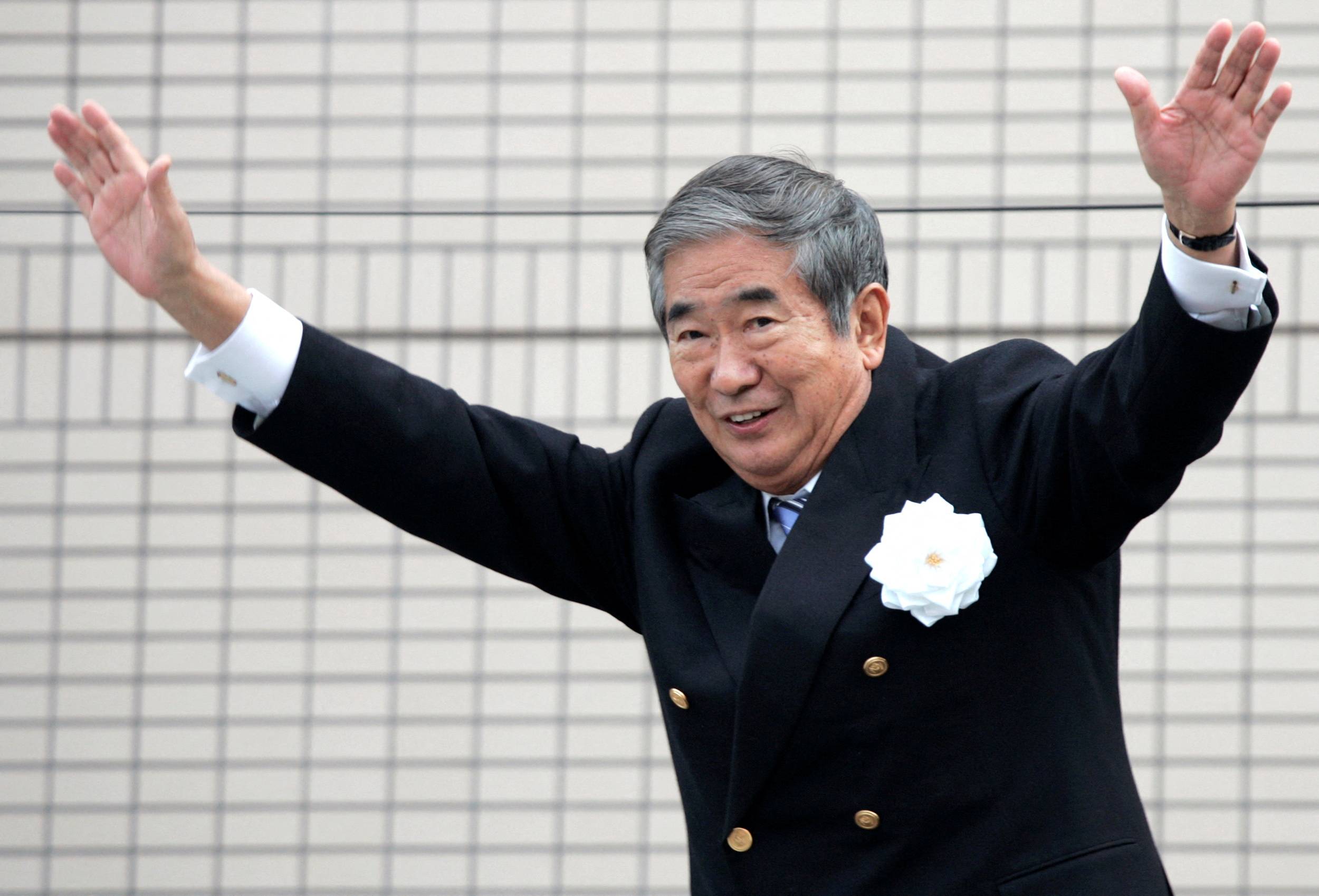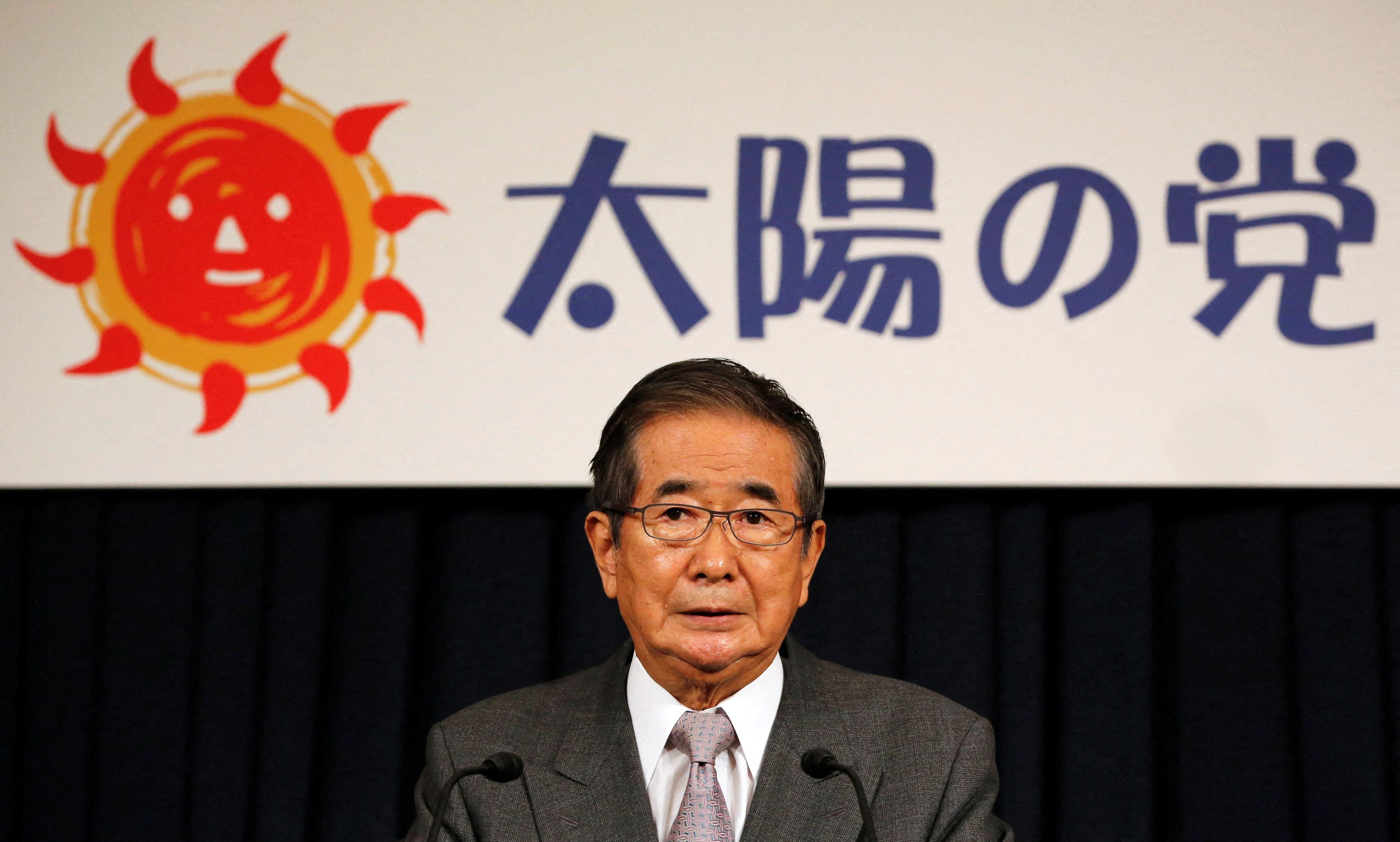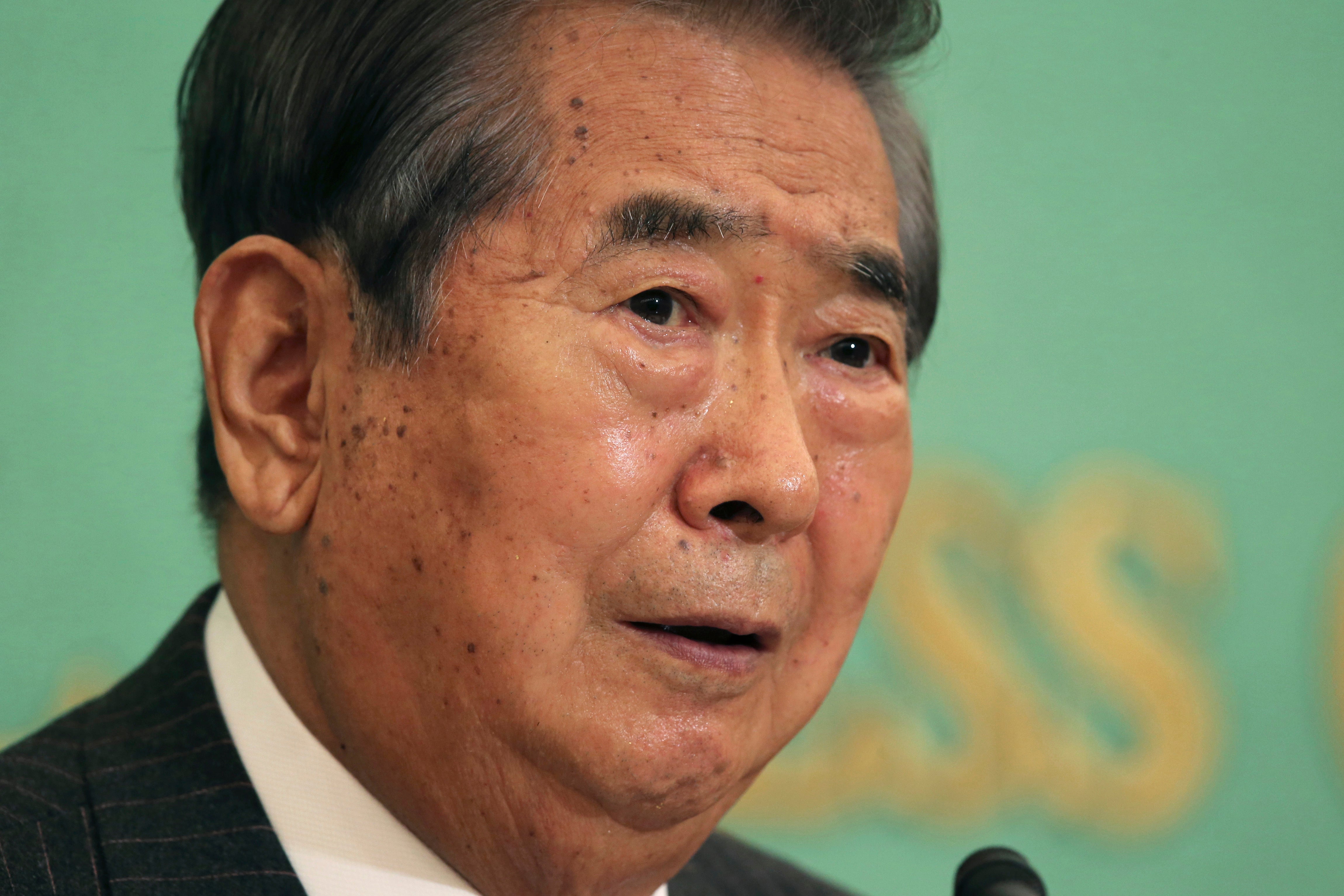The Paradox of Shintaro Ishihara: A Politician of Extremes
Introduction
Shintaro Ishihara, a prominent figure in Japanese politics for over half a century, remains an enigmatic and contentious character. His radical and often controversial views on Japan's future have drawn both admiration and condemnation, making him a polarizing figure in Japanese society. This essay critically examines the complexities of Ishihara's political ideology, analyzing the motivations behind his divisive rhetoric and exploring the broader implications of his policies.
Ishihara's Nationalist Vision for Japan
At the core of Ishihara's political philosophy lies a fervent Japanese nationalism that seeks to restore the country's status as a global power. He believes that Japan has been weakened by its pacifist post-war constitution and that it must assert itself more forcefully in international affairs. Ishihara has advocated for a stronger military, a revision of the constitution, and a more assertive foreign policy.
Supporters of Ishihara's Nationalism
Supporters of Ishihara's nationalist views argue that Japan needs a strong leader to defend its interests against threats such as China and North Korea. They believe that Ishihara's policies will strengthen Japan's economy and restore its national pride.
Critics of Ishihara's Nationalism
Critics of Ishihara's nationalism, however, worry that it could lead to increased tensions with neighboring countries and threaten regional stability. They argue that his rhetoric is divisive and reinforces harmful stereotypes about Japan and its people.
Controversial Stances on Social and Cultural Issues
Ishihara has also taken controversial stances on social and cultural issues, including immigration, education, and gender equality. He has advocated for strict immigration controls, questioned the value of university education, and made disparaging remarks about women and minorities.
Supporters of Ishihara's Controversial Stances
Some supporters of Ishihara's views on social issues share his concerns about the perceived decline of traditional Japanese values. They believe that his policies are necessary to protect Japanese identity and culture.
Critics of Ishihara's Controversial Stances
Critics, on the other hand, accuse Ishihara of racism, sexism, and xenophobia. They argue that his policies are divisive and harmful to marginalized groups within Japanese society.
The Impact of Ishihara's Leadership
Ishihara's influence on Japanese politics has been significant. As Governor of Tokyo from 1999 to 2012, he implemented policies that reflected his nationalist and conservative views. He oversaw the construction of controversial projects such as the Tokyo Skytree and the relocation of the Tsukiji Fish Market.
Positive Impacts of Ishihara's Leadership
Supporters of Ishihara's leadership credit him with revitalizing Tokyo and making it a more vibrant and international city. They point to his efforts to promote tourism, support local businesses, and develop infrastructure.
Negative Impacts of Ishihara's Leadership
Critics argue that Ishihara's policies exacerbated income inequality and pollution in Tokyo. They also criticize his authoritarian tendencies and his disregard for opposing viewpoints.
Legacy and Reflections
Shintaro Ishihara's legacy is complex and contested. He was a polarizing figure who provoked strong reactions from supporters and detractors alike. His nationalist views and controversial social policies remain a source of debate in Japanese society today.
Ishihara's Influence on Contemporary Japanese Politics
Ishihara's influence on contemporary Japanese politics is still felt today. His nationalist rhetoric and his skepticism towards liberal values have been adopted by some conservative politicians and activists.
Implications for Japan's Future
The complexities of Shintaro Ishihara and his political legacy raise questions about the future of Japan. Will the country continue to embrace nationalist and conservative values, or will it move towards a more open and inclusive society? Only time will tell how Ishihara's ideas will shape Japan's destiny.
Conclusion
Shintaro Ishihara was a complex and controversial figure who left an indelible mark on Japanese politics. His radical views on Japan's future, his nationalist ideology, and his controversial social policies sparked intense debate and polarization. While his supporters admired his strong leadership and his willingness to confront perceived threats, his critics condemned his divisive rhetoric and harmful policies. Ultimately, Ishihara's legacy will continue to be contested and debated, reflecting the enduring complexities of Japanese society and its ongoing search for identity and direction in the modern world.
Rina Sawayama: A Japanese Singer Taking The World By Storm
Bruno Mars: The Funky Pop Star Who Dazzled The World
Sandra Day O'Connor: The First Woman On The Supreme Court



